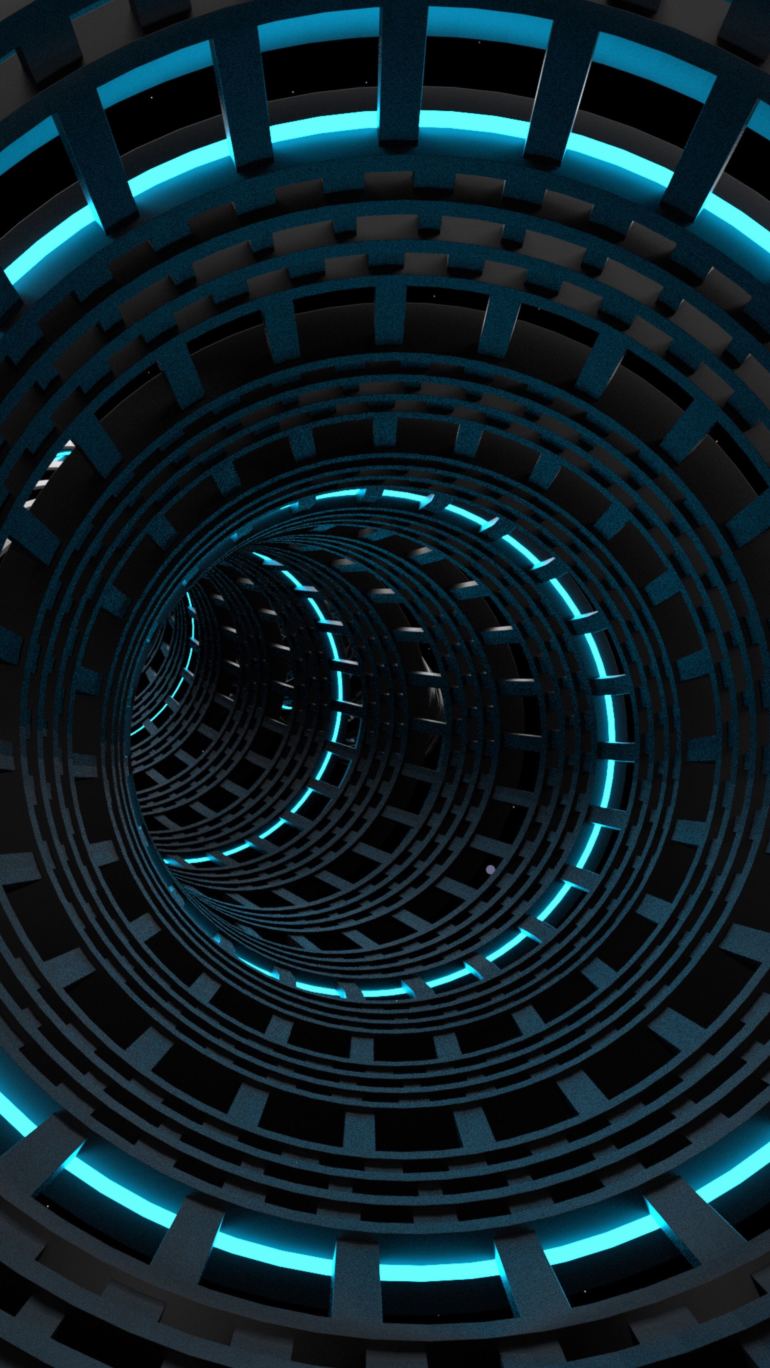Legal Update
Feb 7, 2020
Can Presidential Politics Supercharge Electric Vehicle Charging Stations?
U.S. Reps. Andy Levin (D-Mich.) and Alexandria Ocasio-Cortez (D-N.Y.) unveiled their “EV Freedom Act” on Thursday, February 7, 2020, proposing the creation of a network of high-speed charging stations on the U.S. highway system within the next five years. Press coverage of this legislation noted that all Democratic candidates running for U.S. president have promised to spend billions of dollars on new charging stations and other initiatives to encourage the transition of the U.S. market from combustion engines to electric vehicles (EVs).
Funding for a nationwide network of electric vehicle charging stations actually enjoys broad bipartisan support; on January 2, 2020, Sen. John Barasso (R-Wyo.) released a report from the U.S. Senate Committee on Environment and Public Works supporting bipartisan legislation that would authorize $1 billion in federal grants to create EV charging stations as part of the America’s Transportation Infrastructure Act of 2019. President Trump signaled his support for this legislation in July 2019 with one of his signature tweets stating: “Do I hear the beautiful word, BIPARTISAN? Get it done. I am with you!”
Developing an infrastructure to support long-range driving of EVs will be critical to consumer acceptance of these vehicles. Assuming EVs achieve price parity in 2024, as some reports have suggested, there remains the need to achieve “convenience” parity before EVs will be accepted. Some consumers have been reluctant to buy EVs because of the range limits imposed by battery life, and articles like this coverage in September 2019 of a high-speed police chase in California nearly cut short because the battery was running low on a police officer’s EV cruiser do not help.
One thorny issue that remains is what connection standard (or standards) for EVs will prevail in the United States. EVs can charge using alternating current (AC) available at homes and offices, and automakers appear to have landed on uniform plug standards for this slower type of charging. But manufacturers have diverged on connection standards for direct current (DC) fast charging, which can recharge the typical EV battery in 30 minutes or less. Japanese EVs use the CHAdeMO standard; German and America EVs use the SAE Combined Charging System (CCS) standard; and Tesla uses its own Supercharger standard.
As of February 2020, the U.S. Department of Energy Alternative Fuels Data Center reported 2,376 public stations with 3,461 CHAdeMO connectors; 2,110 public stations with 4,425 SAE CCS connectors; and 758 public stations with 7,249 Tesla connectors in the United States. Whether driven by industry competition or presidential politics, the emergence of a national network of private and public DC charging stations to support long-range driving will be critical to consumer acceptance of EV technology.
Brandon Bigelow is co-chair of Seyfarth Shaw’s Antitrust Practice Group, a member of the Franchise and Distribution Practice Group, and a thought leader in the firm’s Future of Automotive Task Force.

